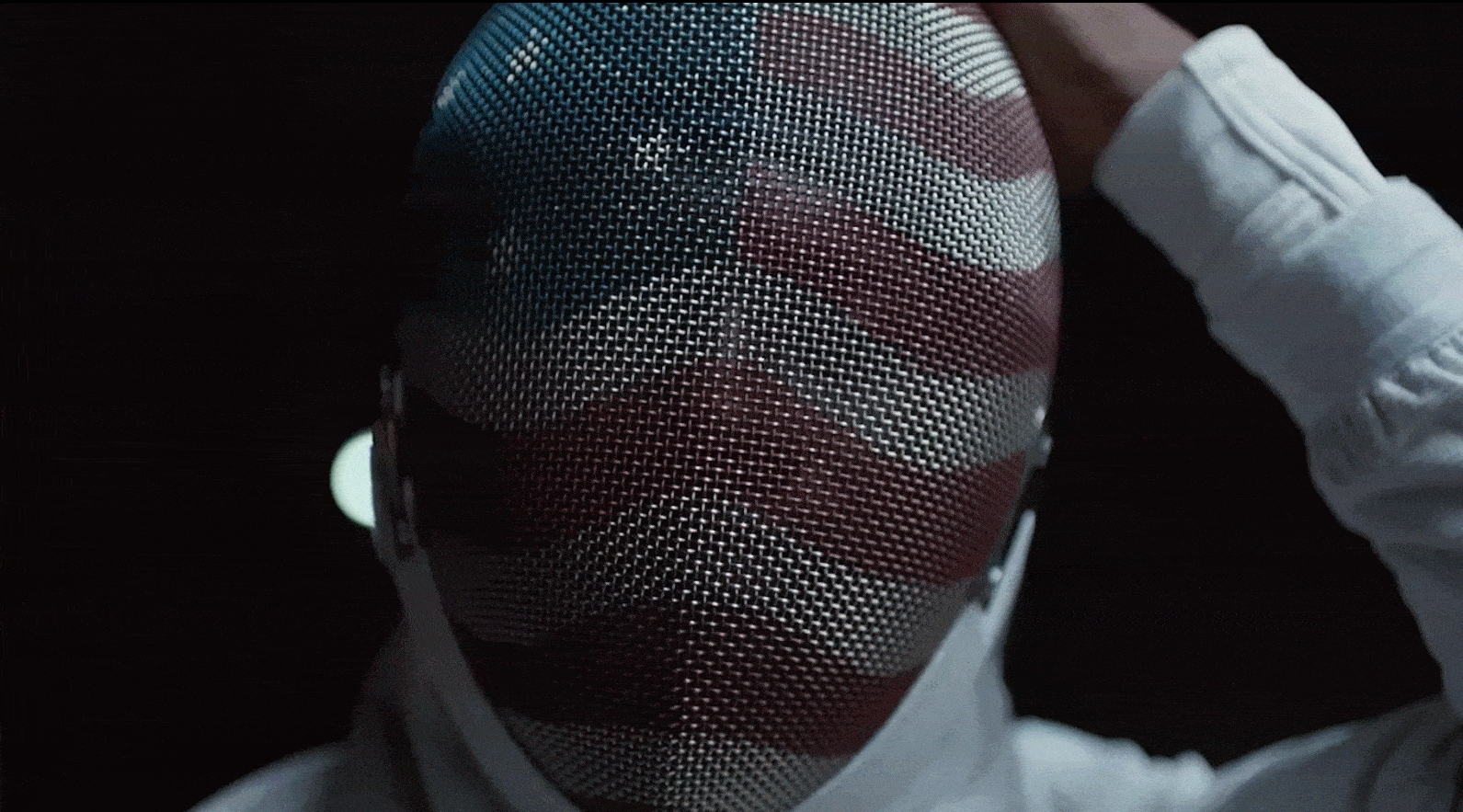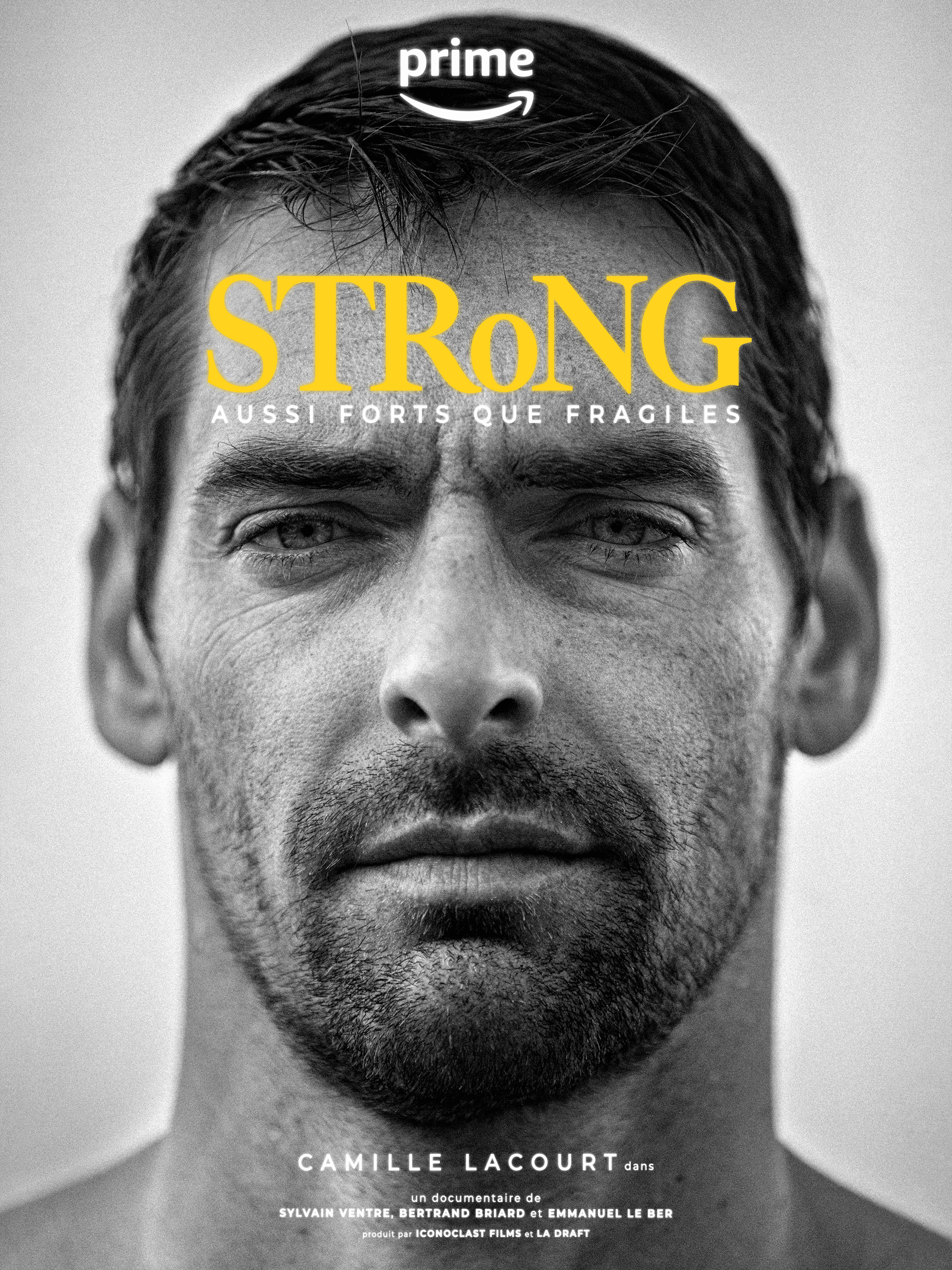The following discussion is not only about this video, but it does serve to illustrate it perfectly.
Head, the ski brand, calls on Porsche to ‘materialize’ performance. Specifically, a good old 953 from the 1984 Dakar in this case, which has become a limited edition of the 911 that the German brand introduced at the end of 2022. It flirts with the idea of the SUV as it’s a raised model with larger diameter wheels.
While it’s easy to criticize a 600 HP four-wheel-drive car worth 125,000 euros sliding on snowy slopes, let’s try to look beyond that.
Performance is not only a major marker in sports but also of the era; it is emblematic of the 20th century. Concretely, the word refers to the result achieved by an athlete or a team in a sporting event, a sporting feat, but also to the efficiency, a very high or exceptional capacity of a machine, an object, or a material.
Performance has become a ‘totem’ word, a word that summarizes, sometimes simplifies, but a word that sells. We buy a ‘high-performance’ product, even if sometimes the outlines of this quality are vague and come with a demand that the consumer may not be able to meet. Performance has also become a status that one acquires.
Porsche personifies automotive performance, the pinnacle of mechanical achievement. The German brand succeeds in fact in fixing around its name the sporting performance gleaned on circuits worldwide and the idea of mechanical accomplishment, hence the performance of the object, the engineers, the modes of implementation, the materials. One can only admire such success. The brand’s impact is amplified since the automotive narrative has dominated and deeply marked the same 20th century, which is why wanting to image performance can be translated by… filming a Porsche. This is the shortcut taken by Head, which does not talk about the product but limits itself to the parallel and talks about collaboration. Like ‘we and Porsche understand each other, our skis are made of the same metal.’ Then there are considerations of context. Skiing is moving towards a high-end market, Porsche once again is in phase since there is a similarity in positioning and targeted clientele.
However, even though it seems difficult, even illusory to abandon the idea of performance, intimately linked to the notion of progress (growth, overall improvement), itself consubstantial with modern Western society, we can still observe that it belongs to a system of thought that should at least be questioned. This global philosophy has led us – at least in part – to face certain problems. A changing climate, for example. Neither sport nor humanity will be able to go indefinitely ‘faster, higher, stronger.’
Performance is almost the amniotic fluid in which today’s sport is immersed, but the embryo (it’s an image, but sport in terms of history is recent) will have to learn to live differently. For now, it’s hard to imagine, maybe we could at least start by talking about sustainable performance, that is to say, faster, higher, stronger, but not at any cost. A counter-example is yoga, for which performance does not exist.
Perhaps there should be an impact/performance ratio, and why not, even if we like motorsport, stop filming a Porsche to sell skis. Note that the Duotone Academy (notably kitesurfing) also has a partnership with the German brand.
The idea is really not to vomit on the car (we will talk very soon about the controversy that (briefly) stirred the ultra-trail world recently) because the car as a means of transport is here to stay, especially outside large urban areas and in some countries, it’s hard to imagine how to do without it, even if we will have to learn to use it less systematically. The idea is how can we ‘less’ focus on absolute performance, what alternative narrative to hold.
It’s brand strategy, it’s marketing, it’s also a form of foresight for the future. It’s also about the meaning of sport.








